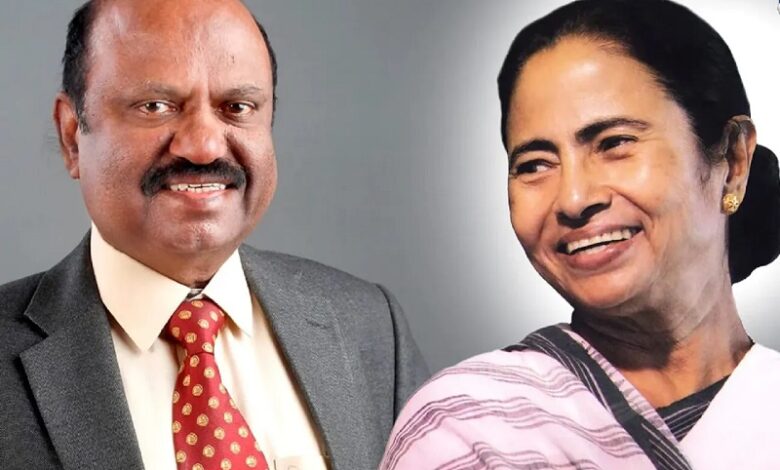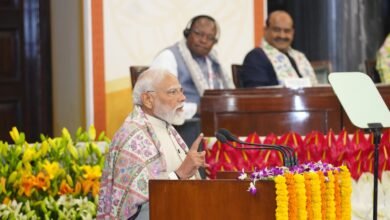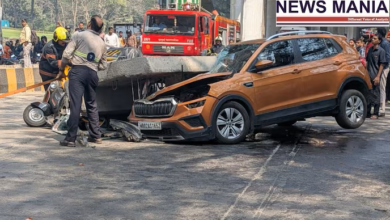Clash Over Vice-Chancellor Appointments: West Bengal’s Academic Landscape Faces Turmoil

As a new academic session unfolds, an unsettling conflict between the West Bengal government and Raj Bhavan has thrown the appointment of Vice-Chancellors (VCs) into the limelight. Amid the challenges posed by the implementation of the new National Education Policy, which introduces four-year undergraduate degree courses, a conspicuous absence looms over the leadership of the 31 State-run Universities in West Bengal. Strikingly, none of these universities has a full-time Vice-Chancellor at the helm.
The academic sphere is grappling with the intricacies of the new policy, making leadership crucial for navigating this transition effectively. However, the current scenario of vacant VCs in the State has raised concerns and amplified tensions between the state government and Raj Bhavan.
Governor C.V. Ananda Bose has assumed the role of appointing temporary Vice-Chancellors for the state-run universities. This process has reportedly transpired without any consultation with the State government. With over a dozen officiating VCs being appointed by Raj Bhavan in recent months, the controversy has deepened. The West Bengal government initially discouraged academics from accepting these temporary roles, expressing its dissent. Subsequently, a public interest litigation (PIL) was filed in the Calcutta High Court challenging these appointments.
The High Court’s verdict, announced on June 28, dismissed the PIL while deeming it a “tool” to contest the Governor’s decisions. The court, however, acknowledged that the appointments were merely an interim solution.
The friction between the West Bengal government and the Governor’s office is not unprecedented. Nonetheless, the situation took a more tumultuous turn in 2022 when Jagdeep Dhankhar held the position of Governor. The State government took it upon itself to appoint 24 Vice-Chancellors, purportedly without consulting the Governor. The validity of these appointments was subsequently challenged through a writ petition. The court’s ruling emphasized the significance of the University Grants Commission (UGC) Regulations of 2018, which stipulates that a UGC nominee must be part of the search committee for VC selection. The court’s verdict upheld the supremacy of these regulations in the appointment process.
The absence of full-time Vice-Chancellors in West Bengal’s State-run Universities is far from a trivial matter. Universities are not only academic institutions but also crucial contributors to shaping the intellectual landscape and nurturing future generations. A leadership vacuum during this period of educational reform can hinder the smooth transition to the new National Education Policy and curtail the universities’ ability to adapt effectively.
The conflict between the West Bengal government and Raj Bhavan highlights the complexities inherent in maintaining a harmonious educational ecosystem. Effective governance and academic leadership demand close collaboration between all stakeholders, including the state government, university administrations, and the Governor’s office.
As the saga continues, it is imperative that the state and central authorities find common ground and work collaboratively to address the leadership vacuum in West Bengal’s State-run Universities. Academic excellence, holistic education, and the future of countless students are at stake, underscoring the pressing need for resolution. Only through a collective commitment to the greater good of education can this conundrum be effectively navigated, ensuring the uninterrupted progress of West Bengal’s academic institutions.
News Mania Desk / Agnibeena Ghosh 11th August 2023






